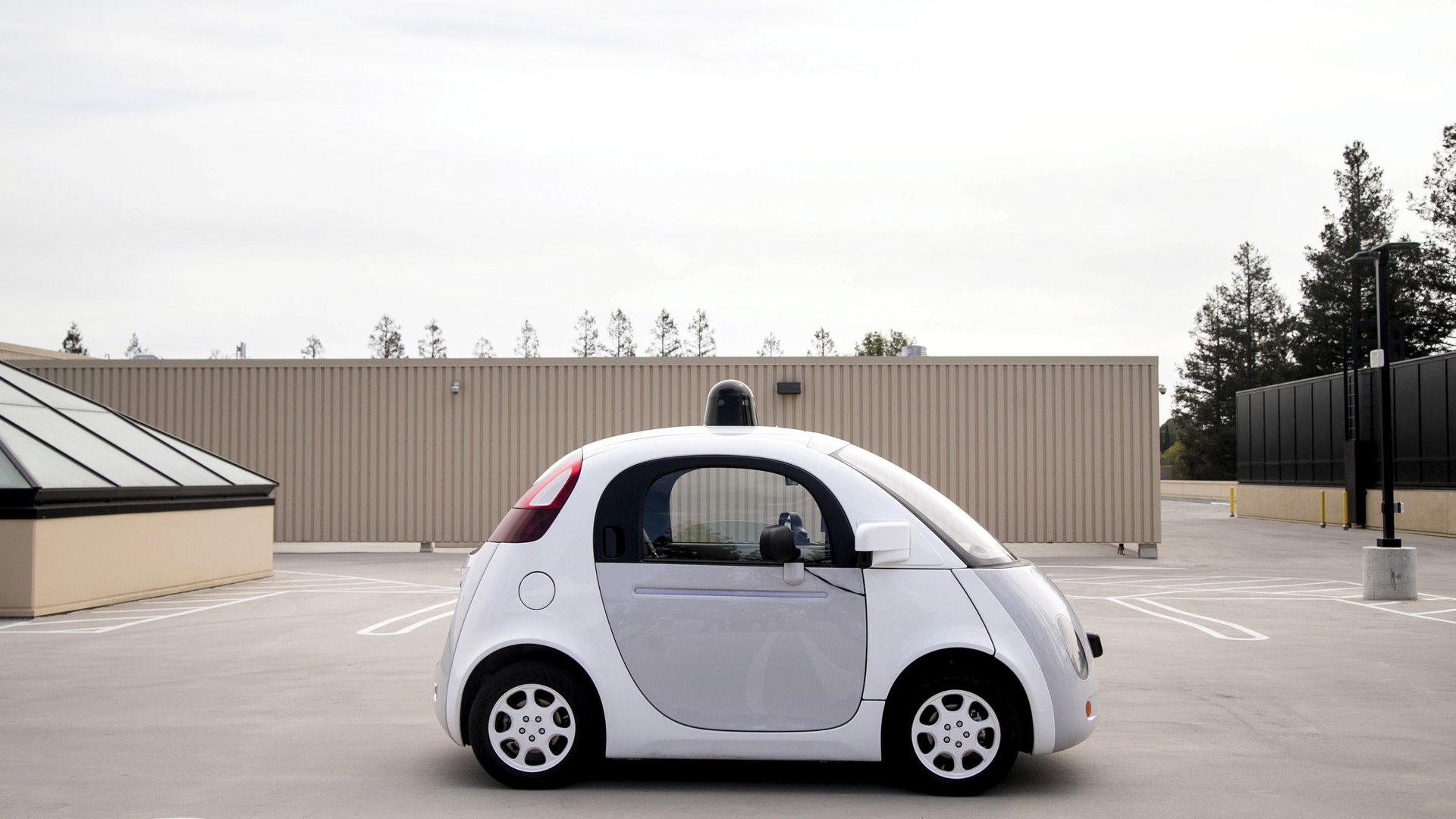Uber’s credibility as a jobs creator is going to be tested—mainly by Uber
Washington, DC


Washington, DC
Uber’s top political operator, David Plouffe, has revealed the digital car service’s strongest arguments yet for softer regulatory treatment, and in the process acknowledged its biggest flaw.
The sector-leading firm, reportedly valued at more than $50 billion during a recent fundraising round, faces numerous challenges from municipal taxi regulators and the incumbent tax industry around the world, as well as questions about whether their drivers should be treated as full employees, independent contractors, or something else entirely.
Plouffe, speaking in Washington today (Nov. 3) at an event hosted by tech incubator 1776, made the case that rather than reflecting the economic trends that trouble Americans—stagnant wages, especially for low-skill jobs, chief among them—Uber is an antidote. It has, in his telling, given many Americans a rare opportunity to earn extra money on their own terms, with assets and skills they already have. Uber, he says, employs 1.1 million people around the world, and 400,000 US drivers have so far earned $3.5 billion this year. Half of those drivers work less than 10 hours a week—barely a part-time job, really.
But at least 45% of Uber’s drivers work more than 15 hours a week, according to statistics Uber released (pdf) earlier this year, a much more substantial commitment. The company doesn’t directly break down how many drivers work more than 30 hours a week, a good rule of thumb for a full-time job, but 30% of its drivers are on the clock between 16 and 34 hours a week, 12% drive between 34 and 49 hours a week, and 7% drive more than 50 hours a week.
And it’s these drivers who deliver most of the rides on the company’s platform. A key to the company’s success is maintaining a large supply of drivers for its platform, and it strives to retain them: Today, Quartz’s Ian Kar exclusively reported on the company’s plans to integrate instant payments and even remittances to improve driver satisfaction.
Plouffe wants you to look at the driver numbers: “More than 48,000 people drive with Uber in Los Angeles; more than 10,000 in Philadelphia; 10,000 in Austin; over 15,000 in Atlanta; and 35,000 in Chicago and 27,000 here in DC,” he said. “If a factory suddenly appeared in a major American city and created thousands of jobs in just two years, there would be ticker-tape parades.”
And Uber isn’t even asking for tax breaks, like a factory or a real estate developer would. It just wants to avoid regulations that would protect incumbent taxis from competition, and treat its full-time equivalent employees as independent contractors.
Put that way, it’s not such a bad deal. But an important question is whether drivers are benefitting from Uber during a tough economy, or if Uber is benefitting from drivers while it waits for a better option. Policymakers may be willing to give a break to a company that employs tens of thousands of people, but what about one that, like Uber, has sunk millions of dollars into two different research facilities for self-driving cars that would presumably put these drivers out of work?
Asked this very question on stage by Vox’s Ezra Klein, Plouffe stumbled, noting that Uber wasn’t the only company researching self-driving cars, and concluding that “it’s a very long time horizon, so in this intervening period, let’s add as much economic activity as we can. When the technology is right, and the world is ready for it, and the regulatory situation is clear, we’ll begin to see more live experimentation, but that’s a long ways off.”
A few minutes later, Plouffe noted that some people think that human-powered, long-haul trucking could disappear by the end of the decade. Others say it won’t be long after that autonomous cars take over the road. While speculating about technological development is a dangerous game, it seems autonomous cars aren’t far off: GM aims to bring to market, by 2017, a car that can drive on highways by itself.
With robot cars fast approaching, will Uber wait for a ready world and a clear regulatory situation, or will it push its way into the market as soon as it has a viable product? And will metropolitan lawmakers who work with Uber based on the promise of tens of thousands of jobs suffer from whiplash when “this intervening period” comes to an end?
None of this is to judge Uber for building the business it can with the technology it has, or the technologists at Google, Apple, GM, and Tesla aiming to conquer the scourge of automobile deaths; such is the market. But it’s hardly fair for a company to tout its record as a job creator while planning to eliminate as many of those jobs as it can.